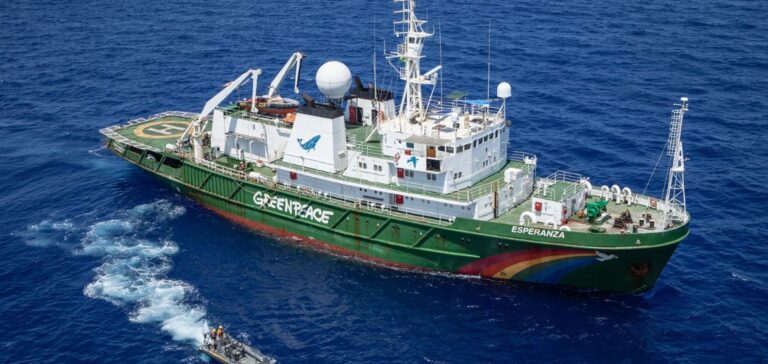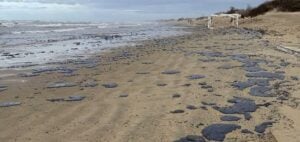The British justice has allowed Greenpeace to challenge the government’s decision to grant new exploration and drilling licenses in the North Sea, more than 100 of which have been requested by companies in the sector, announced the environmental organization.
According to Greenpeace, which is hailing a “first setback” for the Conservative government, the High Court in London has allowed it to challenge the executive’s decision to “fail to take into account the environmental effects of using the oil and gas that would be extracted” through these new licences.
These were announced as part of an energy strategy aimed at freeing the United Kingdom from dependence on Russian hydrocarbons after the invasion of Ukraine. This decision is “the first real setback” for the government, welcomed Philip Evans, climate officer at Greenpeace UK, in a statement. “Ministers will now be forced to explain in front of a judge why they want to launch a new drilling frenzy in the North Sea against the advice of leading scientists and the head of the United Nations, without assessing the impact on the climate,” he added.
Contacted by AFP, the Ministry of Energy Security did not immediately respond.





















